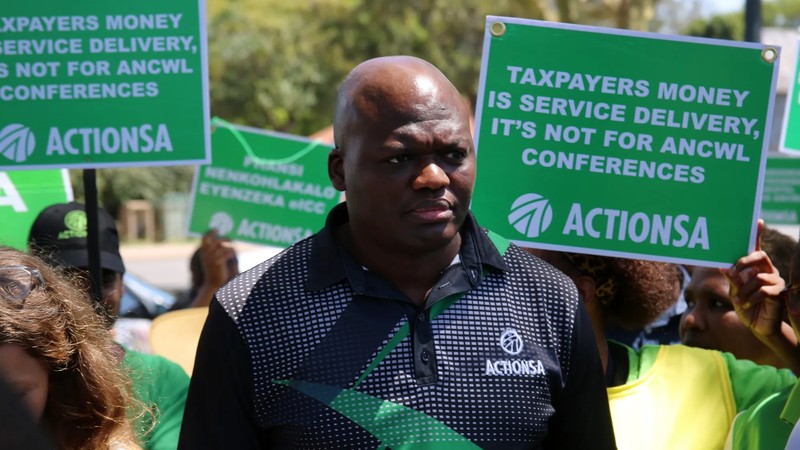
The municipal council of eThekwini has greenlit the establishment of a contemporary, completely integrated Metro Police Training College.
The municipality stated in a release that this facility will not just offer three-year NQF Level 6 education but will also bring together specialized training that is presently contracted out at considerable expense.
Nevertheless, Zwakele Mncwango, who is the KZN provincial chairperson of ActionSA, has expressed doubts. regarding the suggested adjustments to the wages for Metropolitan Police cadets, which were stated to be due to improvements made to the training premises.
On Thursday, the party issued a statement dismissing a proposal to decrease the stipend of trainees from the present amount of R17,000 to R7,000. According to the party, an aspect of these trainees' compensation will instead go towards funding a service provider tasked with managing the day-to-day activities at the Metro police training complex.
Although the party endorsed transforming the current training academy into a cutting-edge center, they emphasized that this improvement should not happen at the cost of those receiving instruction there.
According to the new system, trainees who previously got a complete monthly salary of R17 000 will now only get a small allowance of R7 000. The leftover R10 000 per trainee will go to a private contractor, who will handle all day-to-day tasks such as preparing meals, maintaining cleanliness, and ensuring safety.
The party asserted that funding for this should come from the municipality, stating, "This approach clearly exploits our community members. It exemplifies how heavily the municipality relies on external services and contractors—this habit depletes public resources and does not support local employees or foster lasting job prospects," they explained.
In reaction, Zandile Myeni, who serves as the deputy mayor of eThekwini and chairs the Safety and Emergency Portfolio Committee, charged ActionSA with spreading false information about the issue.
In a statement, she mentioned that the RTMC, which is responsible for managing nationwide traffic law enforcement training, gave an order mandating that all credentials of traffic officers must be elevated to NQF Level 6 standards.
This indicates that student officers must now complete an entire three-year training program, marking a considerable change from the present one-year approach.
"As such, our student officers will be expected to stay in college for three full years to meet academic and practical standards in line with national requirements.
"To comply and to meet our growing internal capacity needs, we have proposed the development of a modern, fully integrated Metro Police Training College, which the council approved today (Thursday)."
The statement indicated that this institution will not just provide three-year NQF Level 6 training but will also bring under one roof specialised training that is presently contracted out at considerable expense.
The new college will include:
- Canine trainer instruction (which is currently contracted out)
- Advanced training for smart policing and monitoring systems
- Horse unit training (presently contracted out)
- High-level performance car driving instruction (at present, just one exists within the nation, located in Pretoria).
- Target practice and tactical firearm instruction (which is currently contracted out)
The statement indicated that Durban Metro Police is presently the sole training facility in South Africa that provides students with a complete monthly salary of R17,000 whilst they undergo their training.
This model has proven feasible solely within a one-year training period. Extending the program to three years would make it economically unviable to afford full wages for student officers before they are operationally assigned.
The local authority stated that student officers will henceforth get an allowance of R7,000 each month for their training period. Of the additional R10,000 allocated per student monthly, this amount will go to the service provider to manage the college operations such as accommodation, food services, janitorial duties, safety measures, and administrative tasks.
The local authority mentioned they will release a Request for Proposal (RFP) aimed at finding a private entity capable of financing, building, and operating the college. The selected firm would oversee the facility for a predetermined duration before transferring complete possession and management back to the Durban Metro Police Service.
THE